The Importance of Inbound Link Anchor Text for Your SEO
Let’s talk about how important anchor text is on your inbound links from other websites.
First off, what is anchor text?
Links to websites or other pages are usually formatted differently from the rest of the text in a sentence or paragraph so they stand out. Anchor text is simply the word or words you can click on the follow the link.

Two critical factors govern where you rank in search results
Where you rank in any search engine is essentially a function of two variables, relevance and reputation. Relevance has to do with how relevant your page is for the keyword being searched. This is what classic on-page SEO addresses: keyword relevance in your content. The other variable is reputation, which search engines essentially measure by your inbound link profile. This is often termed off-page SEO.
A link with a keyword in the anchor text helps on both accounts.
Inbound link reputation value
Authority is a term used to indicate the likelihood of a page ranking well in Google, irrespective of the search term. It’s a measure of the importance of a page. The most common metric is from Moz, called Page Authority and it’s designed to mimic Google’s internal PageRank.
Every page on the web has its own Page Authority, on a scale of 1-100. In simple terms, the more inbound links your page has, the higher its Page Authority. When a web page links to you, it gives your page a fraction of its own Page Authority. So a link from a high authority page is worth many times as much to you as a link from a low authority page.
Inbound link relevance value
Some have alleged that what other web sites say in their links to you matters more than what’s actually on your web site. I don’t believe that’s true, but a famous prank clearly illustrates the power of anchor text.
During the administration of George W. Bush a technique called Google Bombing emerged. If you did a search for “miserable failure” or “worst president”, the #1 result in the search engines was the official WhiteHouse.gov biography of President George W. Bush.
If you had gone to President Bush’s biography and searched for the word “miserable” or the word “worst” you wouldn’t have found either one anywhere on the page. So why did Google think that page was really about those search terms?
Apparently, many bloggers had created links that pointed to President Bush’s biography and said “miserable failure” and “worst president” in the anchor text . Since those words weren’t on his bio page, the #1 result people found in Google was driven entirely by anchor text.

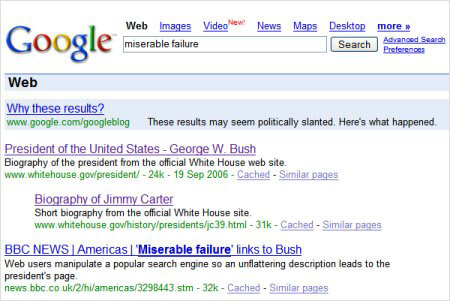

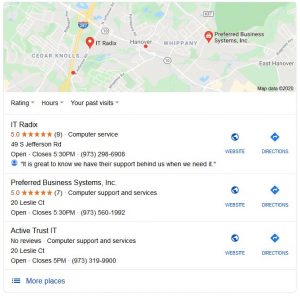
 Get reviews on a good number of other sites, too. Facebook, Yelp, DexKnows, SuperPages and CitySearch are good ones. Also any vertical directories you’re listed on. You can suggest that delighted customers review at some of these places. You also need to monitor any reviews you get and respond to them whenever possible. A positive customer-focused response to a mediocre review can leave a very positive impression.
Get reviews on a good number of other sites, too. Facebook, Yelp, DexKnows, SuperPages and CitySearch are good ones. Also any vertical directories you’re listed on. You can suggest that delighted customers review at some of these places. You also need to monitor any reviews you get and respond to them whenever possible. A positive customer-focused response to a mediocre review can leave a very positive impression. #4 Domain Authority and your link profile
#4 Domain Authority and your link profile
 Time onsite is something that Google tracks and most people aren’t aware of it. When someone clicks on your site and stays there awhile, perhaps exploring additional pages on your website, that tells the search engines that your site was an excellent match for that search. The longer they spend on your site, the more good information they must’ve found there. That makes you look really good in Google’s eyes, and will help you rank higher in the future.
Time onsite is something that Google tracks and most people aren’t aware of it. When someone clicks on your site and stays there awhile, perhaps exploring additional pages on your website, that tells the search engines that your site was an excellent match for that search. The longer they spend on your site, the more good information they must’ve found there. That makes you look really good in Google’s eyes, and will help you rank higher in the future.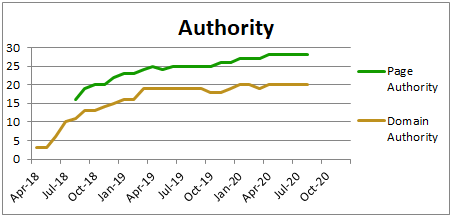
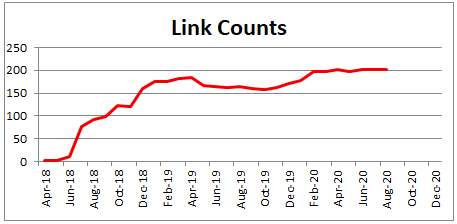

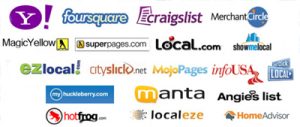


 I often explain that despite the “Magic” in our company name, SEO isn’t magic, and there really should be no secrets about how it works. Nevertheless, it does require a little shift in how you think about your website to understand what works and why. Small business SEO mistakes can be pretty easily avoided if you know what they are.
I often explain that despite the “Magic” in our company name, SEO isn’t magic, and there really should be no secrets about how it works. Nevertheless, it does require a little shift in how you think about your website to understand what works and why. Small business SEO mistakes can be pretty easily avoided if you know what they are.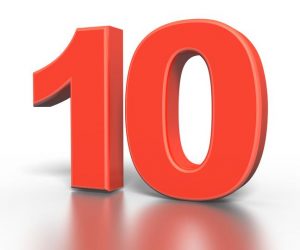
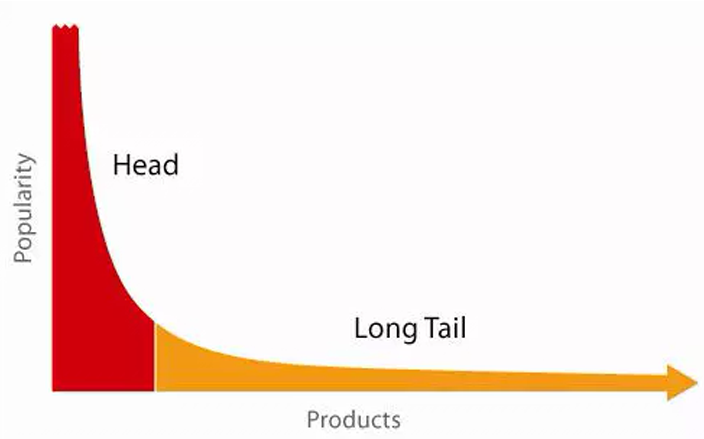
 Just about anything you do on a website specifically for Google, is likely to fail to address the needs of your customers. As Google has improved over the years, it’s gotten very smart about identifying websites that are helpful to users as opposed to being focused just on Google. It’s important to bear in mind that the user experience on a website is a ranking factor at Google.
Just about anything you do on a website specifically for Google, is likely to fail to address the needs of your customers. As Google has improved over the years, it’s gotten very smart about identifying websites that are helpful to users as opposed to being focused just on Google. It’s important to bear in mind that the user experience on a website is a ranking factor at Google.
 We all think our website copy is going to make us irresistible and will make users reach out to us without us having to ask. We’re delusional about that.
We all think our website copy is going to make us irresistible and will make users reach out to us without us having to ask. We’re delusional about that. Your website search rankings have been earned through time and a significant amount of effort. There are a number of situations where a change to your website runs the risk of jeopardizing those rankings.
Your website search rankings have been earned through time and a significant amount of effort. There are a number of situations where a change to your website runs the risk of jeopardizing those rankings.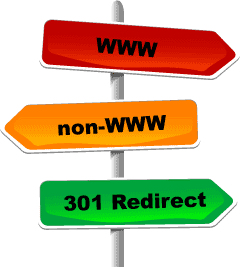 A 301 permanent redirect is something your web designer should be well familiar with. It tells anyone looking for an old URL where to go to see that information in its new URL. Unlike other ways to redirect people, the 301 redirect also allows the new URL to inherit the link authority that had been earned by the old page.
A 301 permanent redirect is something your web designer should be well familiar with. It tells anyone looking for an old URL where to go to see that information in its new URL. Unlike other ways to redirect people, the 301 redirect also allows the new URL to inherit the link authority that had been earned by the old page.